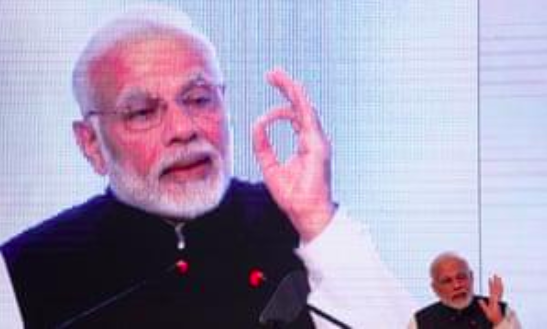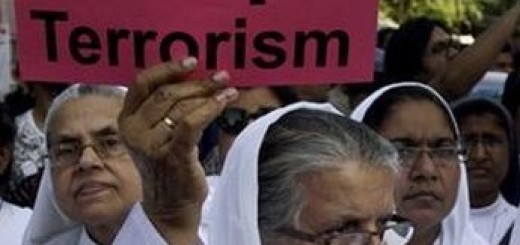UK’s Guardian on Modi’s mistakes – High costs of demonetization

Editorial in the Guardian, UK, 31 Aug 2018
India’s prime minister ought to own up to the mistakes of his own policies which have cost lives, jobs and growth. If he doesn’t then voters will get a chance to do so in elections – and they should take it
Note: In assessing issues and personalities, they speak of “nearer franker view” and “farther franker view.” The latter is also called “Afganistanism” because Afganistan is seen as a country far removed from Americas and Europe.
On issues or personalites too close to us, we tend to be biased for or against, but we feel more frank and free on issues far away from us. Thus we may be outspoken on US president Trump or UK’s May, while very hesitant and less objective on Modi.
Subject discussed below by UK’s Guardian is India’s PM and his pet project, the controversial ”Demonitaisation.” See how Guardian sees it and how far you can agree with the assessment. james kottoor, editor ccv.
Read below the Guardian, uk, editorial on Demonitisation
Well now we know. Narendra Modi, the prime minister of the world’s biggest democracy, popped the expanding balloon of the Indian economy with a mistaken policy implemented at high speed in a bungling manner.
It might be expected that the office-bearer be held accountable for this monumental mistake. Not a chance. Mr Modi is determined not to concede the folly of demonetisation, which cost 100 lives, at least 1.5m jobs and left 150 million people without pay for weeks.
Mr Modi has no one else to blame. It was he who, in November 2016, when Donald Trump’s election transfixed the world, announced that all 500- and 1,000-rupee notes would be withdrawn immediately from circulation. At a stroke the Indian prime minister rendered 86% of currency worthless outside a bank branch. Old notes would have to be exchanged for limited supplies of new currency. This was a populist measure carried out in the name of the poor, who had been convinced by Mr Modi’s lurid tales of purging the country of black-economy millionaires and their piles of illicit cash.
Yet as data from India’s central bank shows, almost 99.3% worth of currency notes that were in circulation have come back into the banking system. Corruptly acquired fortunes in India are not kept in cash at home. “Black money”, acquired through shady means, had, as economists explained at the time, been converted to shares, gold and real estate long ago. There was also no direct fiscal gain from demonetisation through an increase in the central bank surpluses. Mr Modi’s government has been reduced to boasting that the fact that almost all the cash was returned revealed how efficiently the government can collect money. This is, one columnist wrote, “like throwing yourself off a building while praising how hard the ground is”.
Mr Modi claims to be a religious man. That perhaps explains why his belief in this wrong-headed policy has never wavered. He had promised that “if any fault is found … I am willing to suffer any punishment”. Plenty of faults have been found, but Mr Modi is not interested in accepting them. Instead, he wants to let the arguments die – which might explain why the Indian parliamentary finance committee can’t seem to publish a report into the demonetisation debacle. Or he changes the subject, which is bizarre given that the government came into power saying it would focus on the economy. Or the prime minister warns critics about how the state can be unleashed on dissent, which is what the recent absurd arrests of human rights activists appear to be about.
Democracy’s conceit is that governments are accountable while in power. Mr Modi exposes this as hollow: he ducks arguments rather than faces them. True, India’s economic credibility has been dented – an important consideration given how portfolio flows are debauching emerging market currencies. The underlying angst about corruption is now being tapped by Mr Modi’s political opponents, who may make him pay for the high costs of demonetisation. Three large Indian states – all ruled by the country’s ruling Bharatiya Janata party – will go to polls later this year.
The opposition Congress party looks set to sweep all three. There were reports Mr Modi wanted to defer these polls so that they take place simultaneously with next year’s general election. Such blatant politicking has rightly been ruled out. Rather than be humble and admit his shortcomings, he persists with excessive self-confidence. His hubris may mean his party meets its electoral nemesis. Voters ought to take the opportunity to punish Mr Modi for his mistakes if he won’t own them.
















